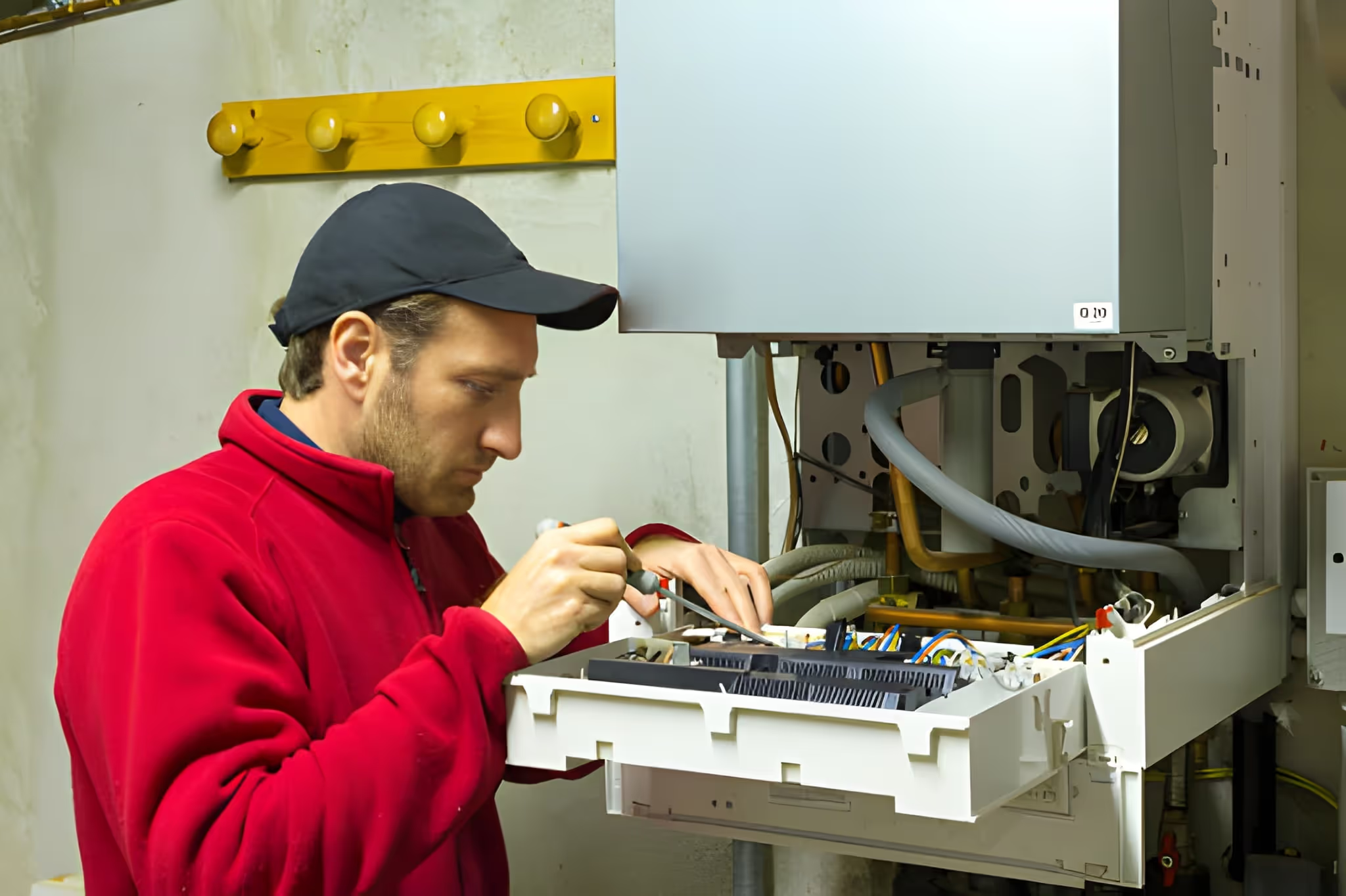HVAC Tips for New Homebuyers in Mission, BC | HVAC Service

HVAC Tips for New Homebuyers in Mission, BC | Expert HVAC Service
Welcome to your new home in Mission, BC! As exciting as it is to settle in, understanding your home's heating, ventilation, and air conditioning (HVAC) system is crucial for long-term comfort, energy efficiency, and avoiding unexpected costs. At Rep-Air Heating & Cooling, your trusted family-owned local experts, we're here to provide essential HVAC tips and comprehensive services, ensuring your new home's comfort from day one.
Buying a new home is a significant investment, and the HVAC system plays a pivotal role in its value and your daily living. Don't leave your comfort to chance. Our expert guidance will help you navigate your home's HVAC needs, offering peace of mind and smart solutions tailored for the Lower Mainland climate.
Your Essential HVAC Checklist for a New Home in Mission
Moving into a new place means inheriting its existing systems. Here’s what every new homeowner in Mission should know about their HVAC before the seasons change:
1. Understand Your HVAC System's Basics
- Identify Your Equipment: Locate your furnace, air conditioner, heat pump (if applicable), and thermostat. Knowing what you have is the first step.
- Check the Age: Look for manufacturing dates on your units. HVAC systems typically last 10-15 years for ACs/heat pumps and 15-20 years for furnaces. An older system might signal upcoming replacement costs.
- Review Maintenance Records: Ask the previous owner for any service history. Regular maintenance is key to longevity and efficiency.
2. Prioritize a Professional HVAC Inspection
Before you fully unpack, schedule a comprehensive HVAC inspection with Rep-Air. This is arguably the most critical step for new homebuyers in Mission, BC. Our certified technicians will:
- Assess System Condition: Evaluate the operational health of your furnace, AC, heat pump, and ductwork.
- Identify Potential Issues: Catch minor problems before they become costly breakdowns, from refrigerant leaks to worn-out components.
- Check for Safety: Ensure gas lines, carbon monoxide levels, and electrical connections are secure and up to code.
- Evaluate Efficiency: Determine if your system is running optimally or if upgrades could save you money on utility bills.
- Test Thermostat Functionality: Verify your thermostat is accurately controlling your home's climate.
3. Optimize for Energy Efficiency & Indoor Air Quality
Your home's comfort isn't just about temperature; it's also about the air you breathe and the energy you consume.
- Air Filter Check & Replacement: This is the easiest and most impactful DIY task. A clean filter improves air quality and system efficiency.
- Ductwork Integrity: Leaky ducts can waste up to 30% of your conditioned air. Our inspections include checking for leaks and proper insulation.
- Ventilation & Humidity: Consider the specific climate in Mission. Proper ventilation prevents moisture build-up, and whole-home humidifiers or dehumidifiers can vastly improve comfort.
- Programmable/Smart Thermostat: Upgrade to a smart thermostat for better control over your home's climate, allowing you to save energy when you're away or asleep.
Why Choose Rep-Air for Your Mission, BC Home HVAC Needs?
As a family-owned business deeply rooted in the Lower Mainland, Rep-Air Heating & Cooling treats every customer like family. We understand the unique demands of the Mission climate and are committed to providing:
- Highly Trained & Certified Technicians: Our team has over 50 years of combined experience, ensuring professional and efficient service for all makes and models.
- Comprehensive Service Offerings: From detailed inspections and preventative maintenance to expert repairs, installations, and replacements of furnaces, air conditioners, heat pumps, and more, we are your one-stop solution.
- Transparent & Honest Communication: We pride ourselves on clear explanations, fair pricing, and flexible financing options to fit your budget.
- Local Expertise: We know Mission, BC homes and their specific HVAC challenges, providing tailored advice and solutions.
Don't let HVAC concerns overshadow the joy of your new home. Whether you need a pre-emptive inspection, routine maintenance, or are exploring energy-efficient upgrades like a new heat pump, Rep-Air is here to help.
Ready to ensure your new Mission home's comfort and efficiency? Contact Rep-Air Heating & Cooling today for your comprehensive HVAC inspection or service!
hear what our satisfied clients have to say
Neighbourhoods in the Fraser Valley

